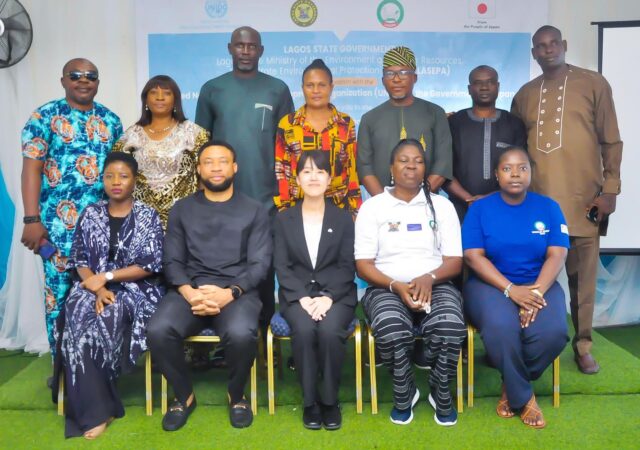- Spearheaded by the Pacific Island nation of Vanuatu, the resolution was co-sponsored by more than 130 developing and developed countries.
- Although the ICJ’s advisory opinions are not legally binding, “they carry legal authority and moral weight”.
The UN General Assembly (UNGA) has adopted a resolution requesting the International Court of Justice (ICJ) for an advisory opinion clarifying States’ obligations under international law to protect the climate system from anthropogenic greenhouse gases (GHG) emissions “for States and for present and future generations.”
The UNGA is seeking clarification of the legal consequences where States, by their acts or omissions, “have caused significant harm to the climate system and other parts of the environment,” with respect to:
- States, and small island developing States (SIDS) in particular, that are “specially affected by or are particularly vulnerable to the adverse effects of climate change”; and
- Peoples and individuals of the present and future generations affected by such adverse effects.
Spearheaded by the Pacific Island nation of Vanuatu, the resolution (A/77/L.58) was co-sponsored by more than 130 developing and developed countries.
Although the ICJ’s advisory opinions are not legally binding, a UN News story notes, “they carry legal authority and moral weight.” “This is not a silver bullet, but it can make an important contribution to … climate action, including by catalyzing much higher ambition under the Paris Agreement,” Prime Minister of Vanuatu, Alatoi Ishmael Kalsakau, noted.
Also, “such an opinion would assist the General Assembly, the United Nations and Member States to take the bolder and stronger climate action that our world so desperately needs,” said UN Secretary-General António Guterres.
UN High Commissioner for Human Rights Volker Türk welcomed the resolution that, he said, “could be an important catalyst for the urgent, ambitious, and equitable climate action.”
Widely received as a win for climate justice, the resolution comes ten days after the Intergovernmental Panel on Climate Change (IPCC) approved the Synthesis Report (SYR) of its Sixth Assessment Report (AR6). The SYR outlines the “multiple, feasible and effective options to reduce greenhouse gas emissions and adapt to human-caused climate change” that are available now.







